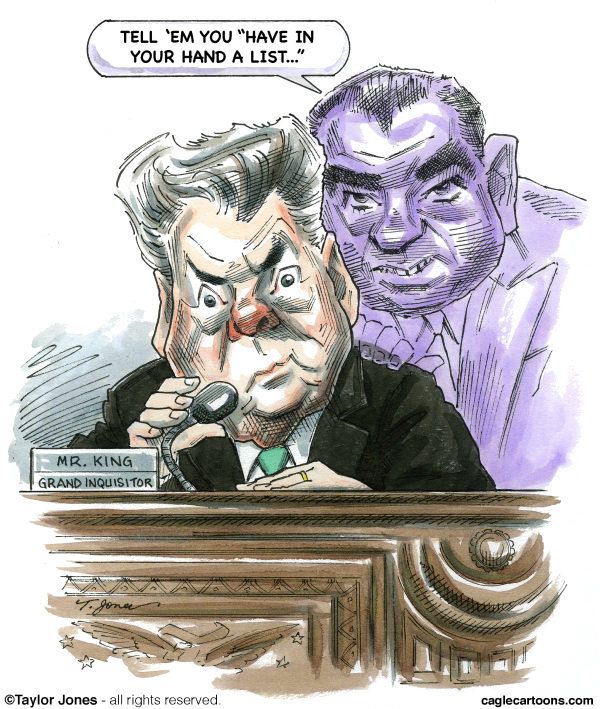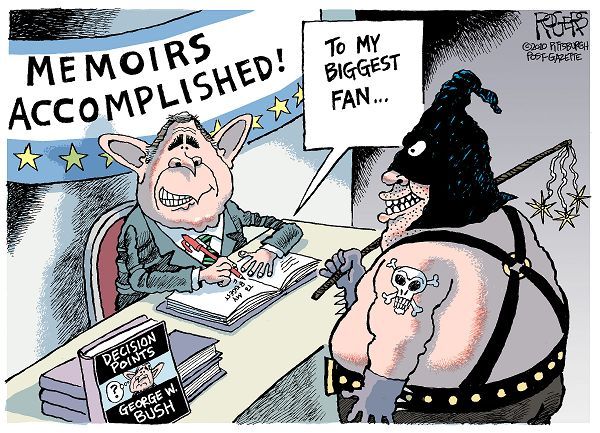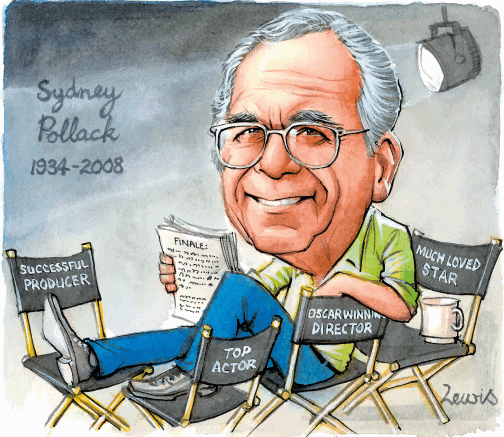by Geminijen
Finally saw the movie Selma last week, right after the MLK Day march. Found it to be an exhilarating fictionalized rendition of one of the more important moments in the civil rights movement of the 1960s. It is, above all else, a reminder that this struggle is primarily of, by and for black folks. And yet, most of the press, even prior to the movie opening, was about how it was historically inaccurate and, more importantly to these critics, misrepresented and denigrated (I chose my words carefully here) the role of Lyndon Baines Johnson who was president at the time of the struggle.
In Politico’s “What Selma Gets Wrong,” (12/22/14), LBJ Presidential Library director Mark Updegrove charged that the fictional film’s depiction of the epic voting-rights battle in the Alabama town portrayed the relationship between [Martin Luther] King and President Lyndon Baines Johnson as “contentious.” This served, Updegrove scolded, to “bastardize one of the most hallowed chapters in the civil rights movement by suggesting that the president himself stood in the way of progress.” Johnson adviser Joseph Califano struck next in the Washington Post (12/26/14)suggesting that in fact, Selma was LBJ’s idea.” Califano asks of the filmmakers: Did “they” [quotes are mine] feel no obligation to check the facts? You even had Post columnist Richard Cohen (1/5/15) lamenting that Selma is a lie that tarnishes Johnson’s legacy to exalt King’s.
Without getting too much into the details of the controversy and who gets to determine “facts”, the accusation here is that the black female director Ava Devernay (and by implication the black community)was willing to distort the history of the white role in the civil rights movement to promote black biases of black importance in the struggle. In other words, the black community doesn’t care about accuracy, about truth and “justice,” but only about “just us” (i.e.the black community promoting its own importance in history).
There is, in fact, evidence to support DeVernay’s representation of LBJ and I would submit that it is the white supremist myth of white people bringing justice to the poor downtrodden blacks that is the bias that DuVernay is challenging and has caused all the criticism of the film. That the “us” in “just us” is really white folks angered that it is the myth of white moral superiority that is being challenged and that DeVarnay’s film provides a healthy corrective.
It is important to note why the fight about Selma The Movie is so important now. The deaths of Michael Brown and Eric Garner highlight the increase in police violence in low income nonwhite communities or perhaps it has just increased the exposure of police brutality due to the new technologies of cell phones and social media. Either way, it has increased racial tensions. At the same time, the Supreme Court’s recent ruling gutting the Voting Rights Act of 1965 combined with efforts to roll back voting rights with new voter suppression laws in many states, has also contributed to increased awareness of racial inequality. In volatile times, society and the dominant culture are especially interested in how they can control the “story” to maintain the status quo.
While there are many documentaries which present an excellent and accurate record of the civil rights struggle (notably in my mind, “Eyes on the Prize”) this is more about how popular cultural representations shape a society’s perspective. I would venture to say that most Americans’ deepest emotional beliefs about their identity and place in history and the world are formed at least in part, if not wholly, through the cultural representations around them rather than through academic research and factual reasoning. In this context it appears that most white Americans still believe that white people are innately superior to black people by virtue of our role in helping black people escape their oppression and poverty (the cause of which is conveniently vague –oh yeah, there was slavery, but I wasn’t alive then so its not my fault, besides we were the good guys in WW!! saving the Jews from the Nazis–which gets two weeks in most American high school curricula while slavery gets one day).
Of course these days popular and social media far outweigh what you learn in school as the social arbiters so I would like to take a moment here to put Selma in the context of the factual history vs. the other fictionalized media accounts of racial struggle and racial advancement in the last few years.










